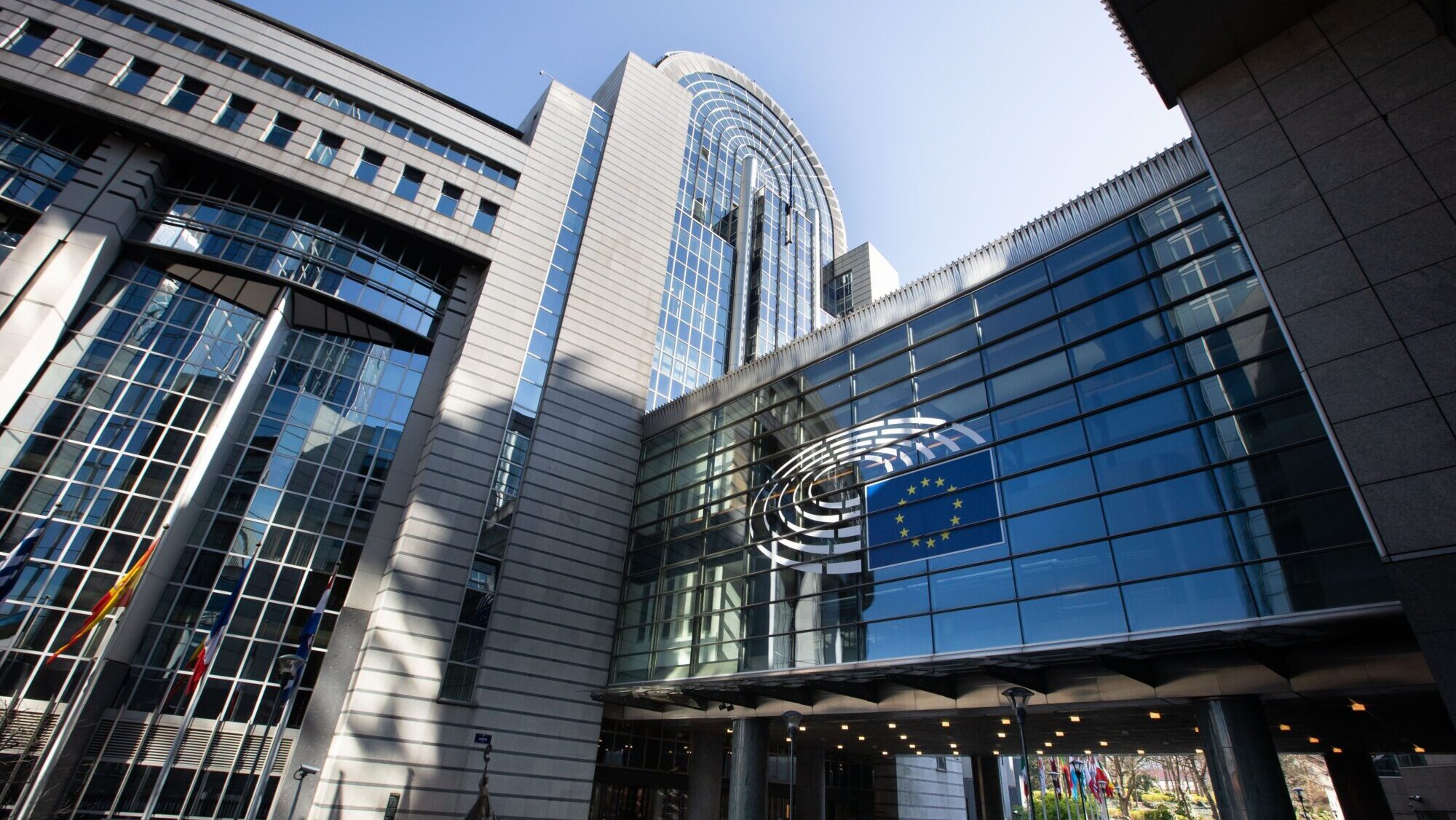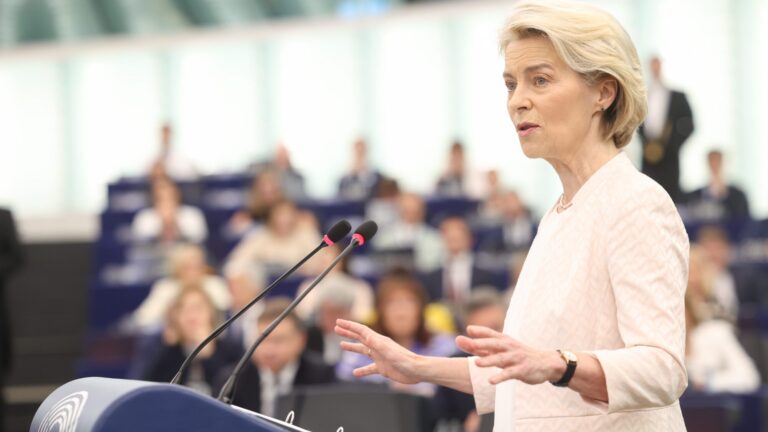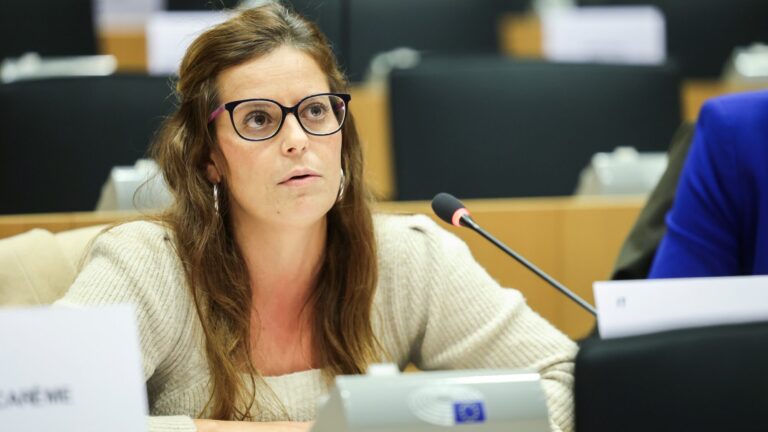After a series of spyware and espionage scandals over the past month, MEPs are considering a revamp of security at the European Parliament, with one Dutch lawmaker calling for the parliament to establish its own counterintelligence service. The move, however, has caused concerns among the Right.
Security services in Brussels and Strasbourg are this week coming to terms with the news that multiple MEPs on the parliament’s highly sensitive defence committee had their phones hacked with spyware by an unknown third party. The revelations come after MEPs sounded the alarm on potential Russian espionage operations after one Latvian MEP was named as a Russian intelligence asset.
The revelations that MEPs had their phones surveilled by the Pegasus malware comes after a year of tumultuous scandals around the so-called Qatargate affair and questions about the extent to which foreign nations have penetrated the EU’s inner sanctum.
“Parliament is facing aggressive influence operations, cyber attacks, and intelligence operations on its premises. And we do not have an organisation to counter it sufficiently ” Dutch centrist MEP Bart Groothuis told The European Conservative. The lawmaker called for the establishment of a counterintelligence agency to handle Parliament’s security needs.
Groothuis went on to list multiple incidents of security breaches he had personally witnessed, including lax security at the Council of Europe and the EU Parliament in Strasbourg allowing easy entrance to foreign agents wanting to tamper with offices. There have also been sophisticated phishing attacks on the emails of MEPs, he said, while “in that same period we’ve seen interns from Russia (Peskov’s daughter for example) and China (running the China friendship group.)”
Groothuis also added that he was surprised when no security officials spoke to him when the Iranian government issued threats against him:
When I was personally sanctioned by the Iranian Islamic regime, I hoped in vain someone would have reached out from parliament to discuss the security implications and next steps.
Currently, security in the European Parliament is handled by a confusing mixture of Belgian police, private security, and the Directorate-General for Security and Safety, with new protocols being drafted in the wake of the Qatargate revelations and the specific risk of Moroccan and Qatari agents.
Answering questions from The European Conservative, security officials at the Parliament confirmed that they only commenced performing spyware checks in April 2022 with 250 MEPs already having their devices checked. Without providing additional information, a spokeswoman for the Parliament also stated that officials were upping talks with national intelligence services, the European Commission, and the EU’s half-formed intelligence apparatus about a more formal arrangement regarding security.
While the exact details of any European Parliament counterintelligence force are unknown, correspondence between The European Conservative and the EU’s own Institute for European Intelligence & Security confirmed that preparations were underway for its rollout, potentially before June’s European elections.
The creation of any internal EU Parliament spy agency has provoked concern from many conservatives and populists, who fear that it would quickly be weaponised against those with contrarian views on migration and foreign policy.
Many European populist parties, most notably the AfD in Germany, are currently battling entrenched opposition from domestic intelligence agencies. Officials speaking off-the-record to The European Conservative expressed fears that any spy force would merely be used against them on the basis of tangential links and foreign policy outlook.
Regardless, it would appear increasingly likely that the European Parliament will meet next July under a different set of security measures. The question is who designs them.





